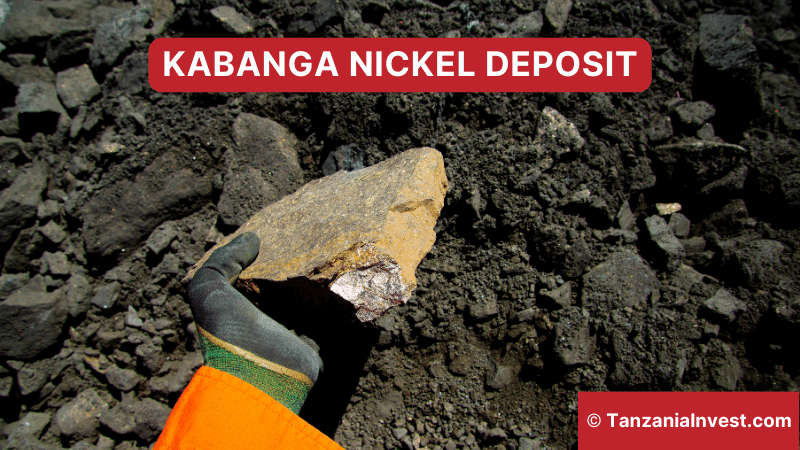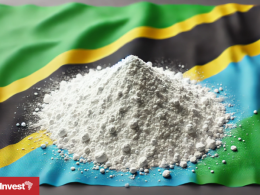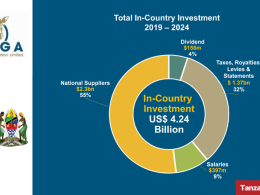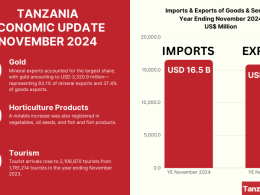On 1st May 2023, exploration company Adavale Resources (ASX: ADD) announced that drilling at its Kabanga Jirani Nickel Project in Tanzania has recommenced.
Adavale’s Executive Director, David Riekie commented: “The Company is excited to recommence drilling on its high-priority targets, including new drill collar locations generated from integrating new geochemical soil data obtained during the wet season. Drilling is expected to include an initial mix of RC and diamond drilling totalling 5,000m over the coming months.”
The initial drilling program has recommenced within the Luhuma Trend situated within a narrow strike extensive zone in Adavale’s Kabanga North-East Licence.
Drilling will include an initial RC and DD campaign of 5,000m, comprising 12 RC holes to ~150m depth and 8-10 DD holes to ~350m depth.
Priority areas identified for drilling in 2023 include the promising HEM 2 target and confirming a 15km strike extension to the north that sits within the broader Luhuma trend.
This trend hosts a series of mafic-ultramafic intrusions from which several historical massive Ni sulphide intersections have been reported and contain prospective host rocks and known sulphide mineralisation and is considered highly prospective.
The Kabanga Nickel Deposit
Adavale holds nine prospective granted licences in the area covering ~1,212 km2 along the Karagwe-Ankolean belt in Tanzania.
The licenses are adjacent & along strike from the world’s largest undeveloped high-grade Kabanga nickel sulphide deposit.










